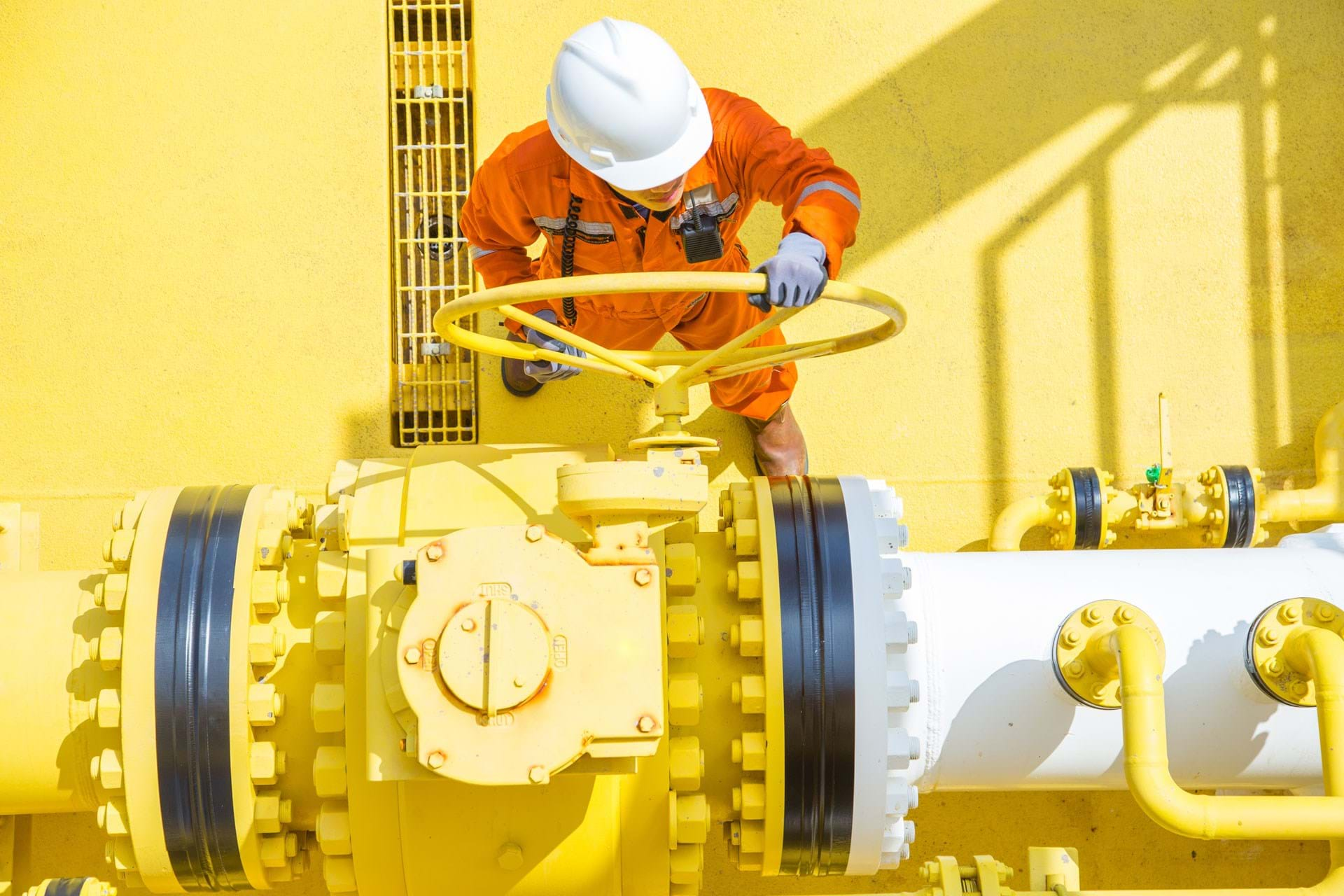Greenpeace brands UK government ‘reckless’ as the North Sea Transition Authority greenlights Rosebank oil and gas project

GREENPEACE UK climate campaigner Phillip Evans accused the UK government of making a “reckless decision” after the North Sea Transition Authority (NSTA) announced it had granted development and production consent for the Rosebank field.
Located northwest of Shetland, Rosebank has total estimated reserves of 300m bbls of oil and is expected to produce 8% of UK oil leading up to 2030. At its peak, the oil and gas project is expected to produce 69,000 bbl/d of oil, and 44m ft3/d of gas. It will generate £8.1bn in total direct investment over the field’s lifetime, with 78% going to UK businesses. It is also expected to support 1,600 jobs during the height of construction and 450 UK jobs over its lifetime.
Project owners Equinor (80%) and Ithaca (20%) received project approval after the environmental statement for Rosebank was accepted.
The UK government championed the expected benefits for jobs and the economy, as well as the energy security the project would afford. Highlighting the energy crisis that followed Russia’s invasion of Ukraine and the higher carbon footprint associated with imported gas, they stressed the importance of maintaining domestic production.
However, UK government data shows that the nation currently exports 80% of the oil it produces in the North Sea. Indeed, Rosebank’s oil production is set to contribute to European energy supplies, while gas production will travel via the West of Shetland pipeline system to UK grids.
Claire Coutinho, minister of energy security and net zero, added that the UK will continue to back the oil and gas industry to “underpin our energy security, grow our economy and help us deliver the transition to cheaper, cleaner energy”.
The government has previously announced plans to award hundreds of new oil and gas production licences starting this autumn. In the wake of the Rosebank news, it said new projects would be less emissions intensive than previous developments thanks to improved efficiency and mitigation measures.
Green backlash
Evans argued that the approval was a hammer blow for the climate, energy security and families struggling with the cost of living. “Our sky-high bills and recent extreme weather have shown us that,” he said.
Green Party MP Caroline Lucas called the decision to greenlight “morally obscene”. She also noted that energy security and cheaper bills would not be delivered though further reliance on oil and gas. Instead, she said these would come through “unblocking and upscaling abundant and affordable renewables, and properly insulating the nation – ensuring clean air and water, thriving nature and wildlife, and high-quality, skilled, and stable jobs in the process”.
Lucas added: “If we’re going to secure this liveable future, we must stop all new fossil fuel projects like Rosebank once and for all.”
Lucas also chairs the all-party parliamentary group (APPG) on climate change which, in August, sent a letter to the government urging them to block the Rosebank project. The letter noted that if burned, the oil and gas from the field would result in 200m t of CO2 emissions.
An argument for more oil and gas
In contrast, representative body Offshore Energies UK (OEUK) welcomed the NSTA decision as marking “an important milestone in the UK’s energy reform”. Noting that of 283 fields in the North Sea, 180 are set to stop producing within the next decade, OEUK CEO David Whitehouse said that “we need more projects like Rosebank if we are serious about delivering a homegrown UK energy future”.
Meanwhile, Sir Jim Ratcliffe, CEO of Ineos, said that “the UK’s total lack of an energy policy is completely irresponsible”. This was as the company announced that over its six years of ownership, oil flows through the Forties Pipeline System (FPS) had suffered a 40% decline. The pipeline processes 40% of the North Sea’s oil. The company blamed punitive windfall taxes and “negative signals from politicians on the future of the North Sea” for the drop-off.
Recent Editions
Catch up on the latest news, views and jobs from The Chemical Engineer. Below are the four latest issues. View a wider selection of the archive from within the Magazine section of this site.




